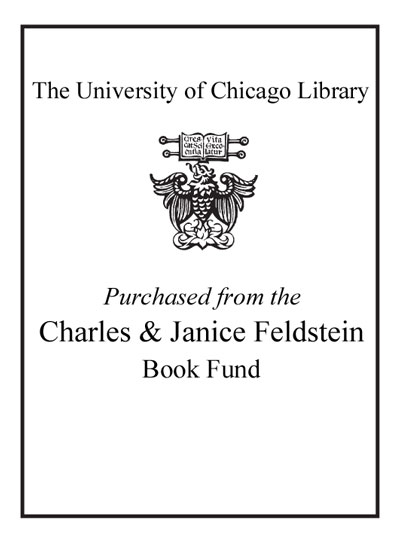When media goes to war : hegemonic discourse, public opinion, and the limits of dissent /
Saved in:
| Author / Creator: | Dimaggio, Anthony R., 1980- |
|---|---|
| Imprint: | New York : Monthly Review Press, c2009. |
| Description: | 384 p. : ill. ; 23 cm. |
| Language: | English |
| Subject: | |
| Format: | Print Book |
| URL for this record: | http://pi.lib.uchicago.edu/1001/cat/bib/8008187 |
Table of Contents:
- Acknowledgments
- Introduction: Propaganda and the News in a Time of Terror
- 1. Withdrawal Pains: Iraq and the Politics Of Media Deference
- Diverging Views on Media Deliberation
- Media Coverage of Iraq Withdrawal
- Propaganda and Iraq
- Criticisms of the Iraq War on CNN
- The Independent and Iraq
- Explaining Differences between the British and American Press
- 2. There Are No Protestors Here: Media Marginalization and the Antiwar Movement
- Hegemony, Mass Media, and Social Movements
- Alternative Hegemonic Theories of the Press
- Media, Iraq Protestors, and Withdrawal
- Protesting Iraq: Media Coverage of the Movement
- A Lack of Issue Salience
- The Myth of Left-Right Political Conflict
- Predominance of the Law-and-Order Frame
- Absence of Substantive Antiwar Arguments
- Editorial Coverage in Light of Antiwar Protests
- Antiwar Arguments in the New York Times and Beyond
- Substantive Antiwar Claims in the New York Times
- Procedural and Ambiguous Criticisms
- Pro-War Arguments as a Mainstay of Reporting
- Assessing Media Performance in Times of War
- 3. Worthy And Unworthy Victims: The Politicization of Genocide and Human Rights in U.S. Foreign Policy
- Worthy and Unworthy Victims of History
- The Uses of the Kurds in Media Coverage of Turkey and Iraq
- Worthy and Unworthy Victims
- What Do We Know about Casualties in Iraq?
- New Media, Iraq, and the Politics of Casualty Coverage
- Lessons from Media Coverage of the Middle East
- 4. Journalistic Norms and Propaganda: Iraq and the War on Terror
- Press-State Relations and the Production of News
- Evidence of Journalistic Censorship
- Propaganda and News Management in the Iraq War
- British and American Journalistic Norms in Comparison and Contrast
- Journalistic Censorship vs. Co-optation
- 5. Iran, Nuclear Weapons, and the Politics of Fear
- Political Framing of Iran
- Reporting on Iran
- Regional News Coverage
- Comparing Coverage across British and U.S. Magazines
- News Norms, Iran, and U.S. News Media and Television
- Coverage in Elite Print Media
- Major Lessons from the Iran Case Study
- 6. Media, Globalization, and Violence: Views from around the World
- A Review of Global Media Studies
- Neocolonial Planning and U.S. Policy in the Middle East
- The Iraq Invasion as a Capitalist Experiment
- Global Media, Iraq, and the Capitalist World System
- Media Similarities in Core Countries at War
- Allied Core Countries: Continued Support for War
- Media Coverage in Poorer Countries
- Implications of the Capitalist Global Media System
- 7. Public Rationality, Political Elitism, and Opposition to War
- Elite Theories of Public Opinion
- The Rational Public
- The Rational Public's Assessment of Iraq
- The Midwest Survey and Iraq
- Hope for the Public's Power in Democratic Politics
- 8. Media Effects on Public Opinion: Propaganda, Indoctrination, and Mass Resistance
- Elite Indoctrination in the Iraq War
- Indoctrination and the "War on Terror"
- The Social Construction of Public Opinion
- Propaganda Effects and Reporting in Iraq and Iran
- Public Independence from the Propaganda System
- Public Opinion Polling as Propaganda
- Lessons from the Study of Public Opinion and War
- 9. Propaganda, Celebrity Gossip, and the Decline of News
- Manufacturing Consent through Entertainment Media
- The "King of Pop" as a Celebrity News Fixation
- Implications for the Consumption of Celebrity News
- The Continued Relevance of Public Opinion
- Global Distrust of the American Political System
- Some Final Notes on Media Propaganda
- Postscript: Media Coverage in the Age of Obama
- Select Bibliography
- Notes
- Index

